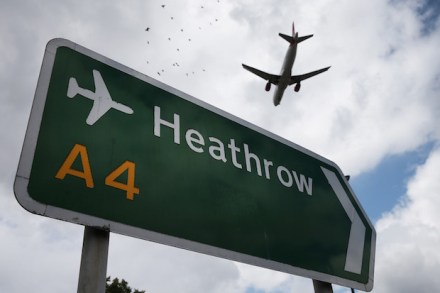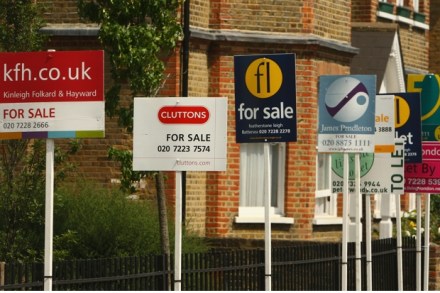Your rights if you’re one of the 50,000 passengers kicked off a plane each year
United Airlines will be cursing the day someone had the bright idea of building cameras into mobile phones. Video clips showing a semi-conscious 69-year-old man being dragged from an overbooked plane after he refused to disembark went viral last week, sending the airline’s reputation into a tailspin. For those who’ve been on a really long media-free flight for the past week, here’s what happened. Last Monday passengers boarded flight 3411 in Chicago bound for Louisville, Kentucky. But before it took off, United decided it needed to squeeze in four crew members who needed to be in Louisville for work the next day. It asked for four volunteers to be bumped




















